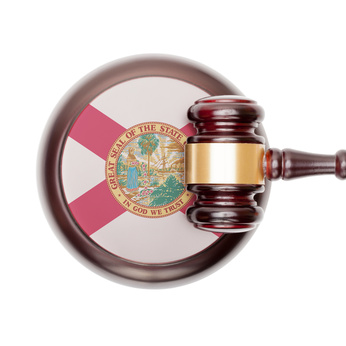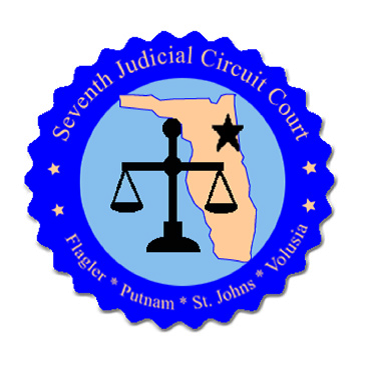The U.S. District Court for the Middle District of Florida recently denied a motion to dismiss an amended complaint alleging that a time-share association violated the Florida Consumer Collection Practices Act (FCCPA) and the federal Telephone Consumer Protection Act (TCPA), holding that: A debtor need not use any precise language or magic word to notify a debt collector that the debtor is represented by legal counsel with respect to a debt; A voicemail message merely asking the debtor to return the call to discuss the debt was a debt collection communication; and Declaratory relief may be available under the TCPA.…
Posts published in “FCCPA”
SD Fla. Provides Mixed Ruling on RESPA RFI Responses, Property Inspection Fees Assessed Post-Default

The U.S. District Court for the Southern District of Florida recently dismissed with prejudice a borrowers’ allegations that a loan servicer’s response to their request for information regarding drive-by property inspections violated the federal Real Estate Settlement Procedures Act (RESPA), and dismissed the remaining state-law allegations that the drive-by inspections violated the Florida Consumer Collection Practices Act (FCCPA) for lack of subject matter jurisdiction. A copy of the opinion is available here: Link to Opinion. The borrowers defaulted on their home mortgage loan. The loan servicer began conducting drive-by inspections pursuant to the mortgage. The borrowers sent a letter to the…
The Seventh Judicial Circuit Court of Florida recently denied a motion to dismiss a borrower’s counterclaims alleging violations of the Florida Consumer Collections Practices Act (FCCPA) against the owner of a mortgage loan, based on alleged communications by the servicer and foreclosure counsel with a debtor supposedly known to be represented by counsel and attempting to collect an allegedly invalid debt. In so ruling, the Court also held: Merely foreclosing on a mortgage, without more, did not constitute “debt collection” under the FDCPA; False statements regarding a debt made to a court instead of directly to the debtor are not…


